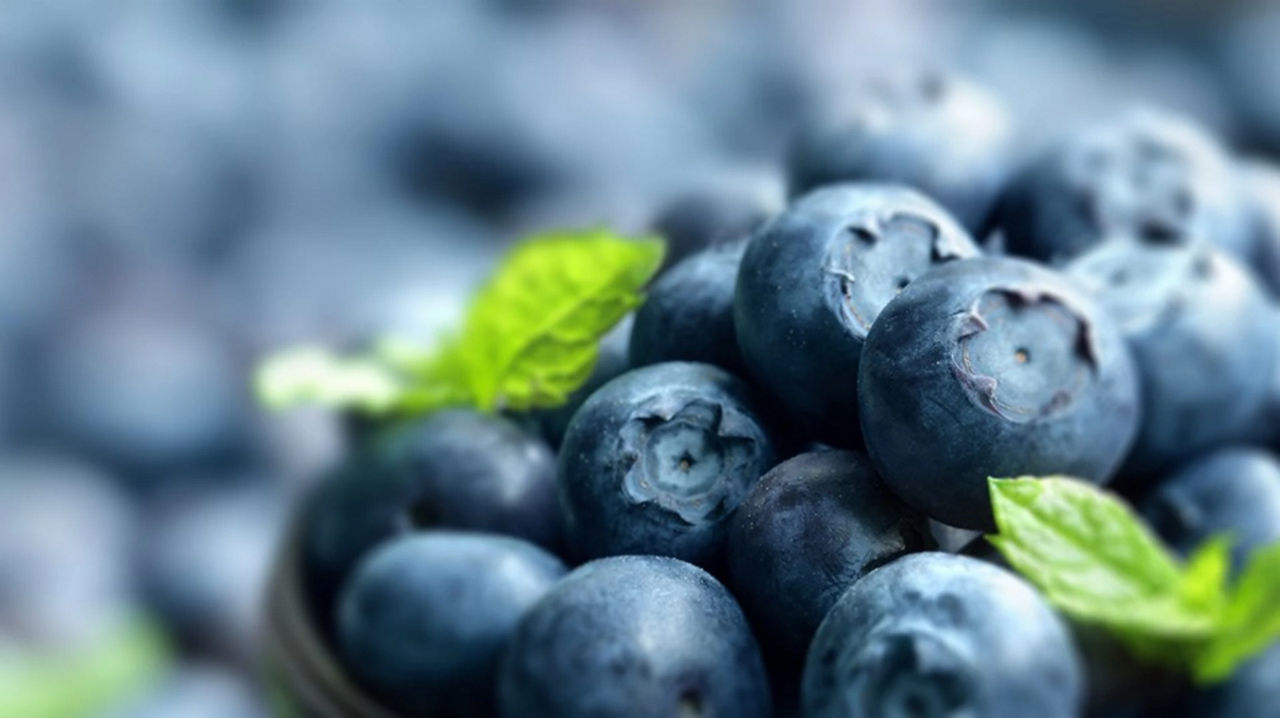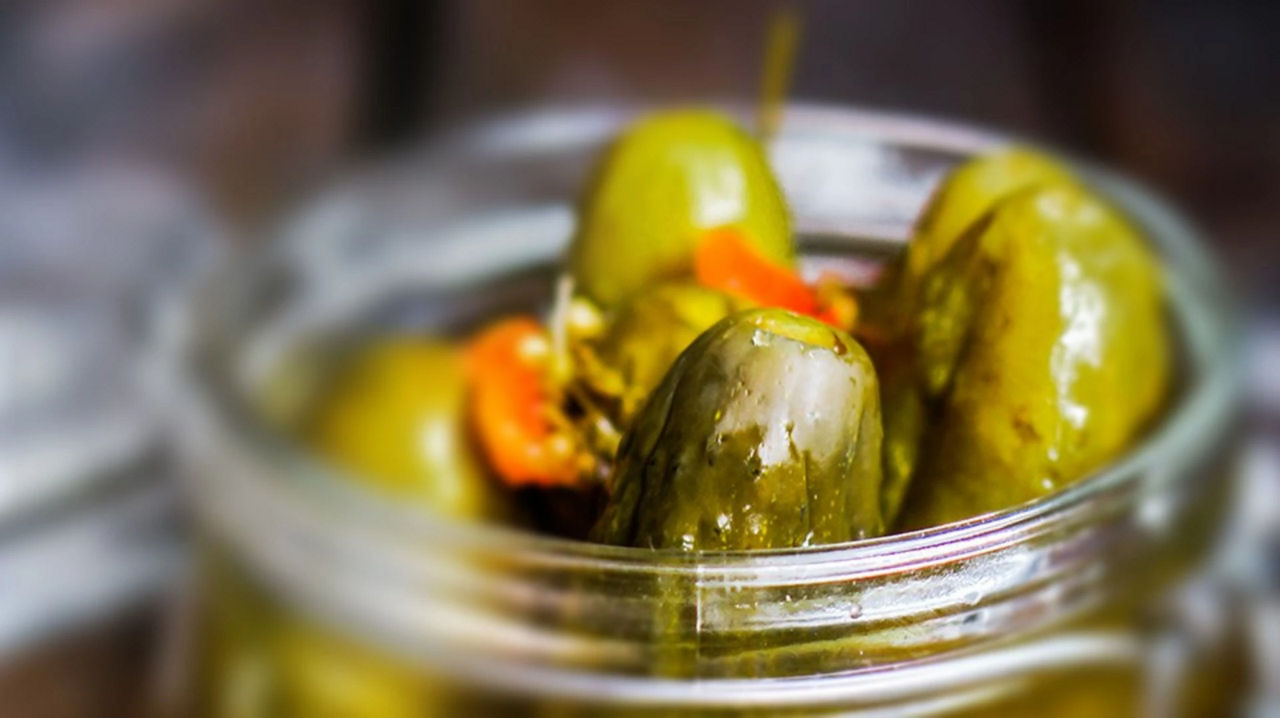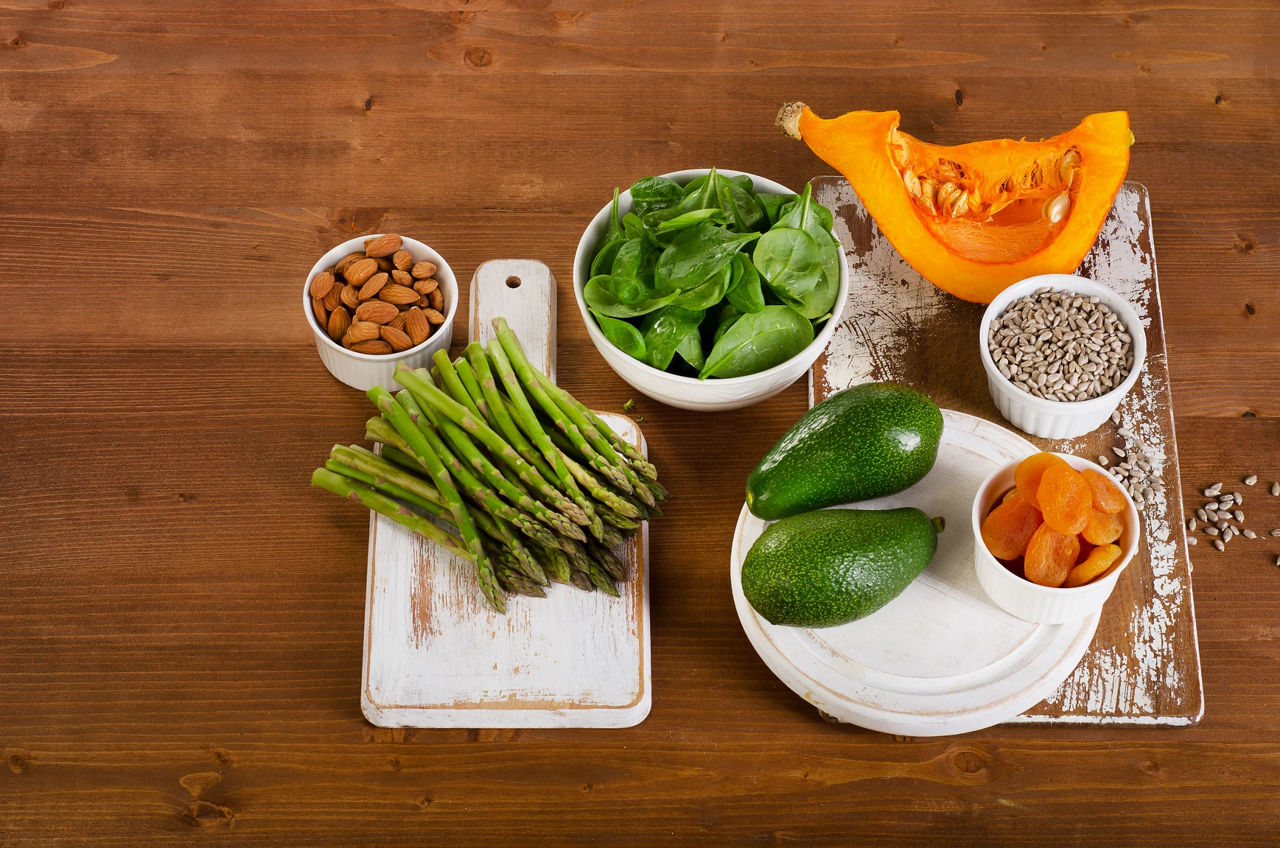Pregnancy vitamins & supplements
It goes without saying that eating well during pregnancy is good for you and your developing baby. But only recently has science revealed just how much impact your pregnancy diet can have.
It’s now recognised that the nutrition babies receive during pregnancy not only supports their growth and development in the womb – it also influences their health throughout infancy, childhood and the rest of their life1.
Learn which vitamins and minerals you need during pregnancy, which pregnancy supplements you should be taking, and how your diet impacts your baby’s immune system and resilience to allergies.
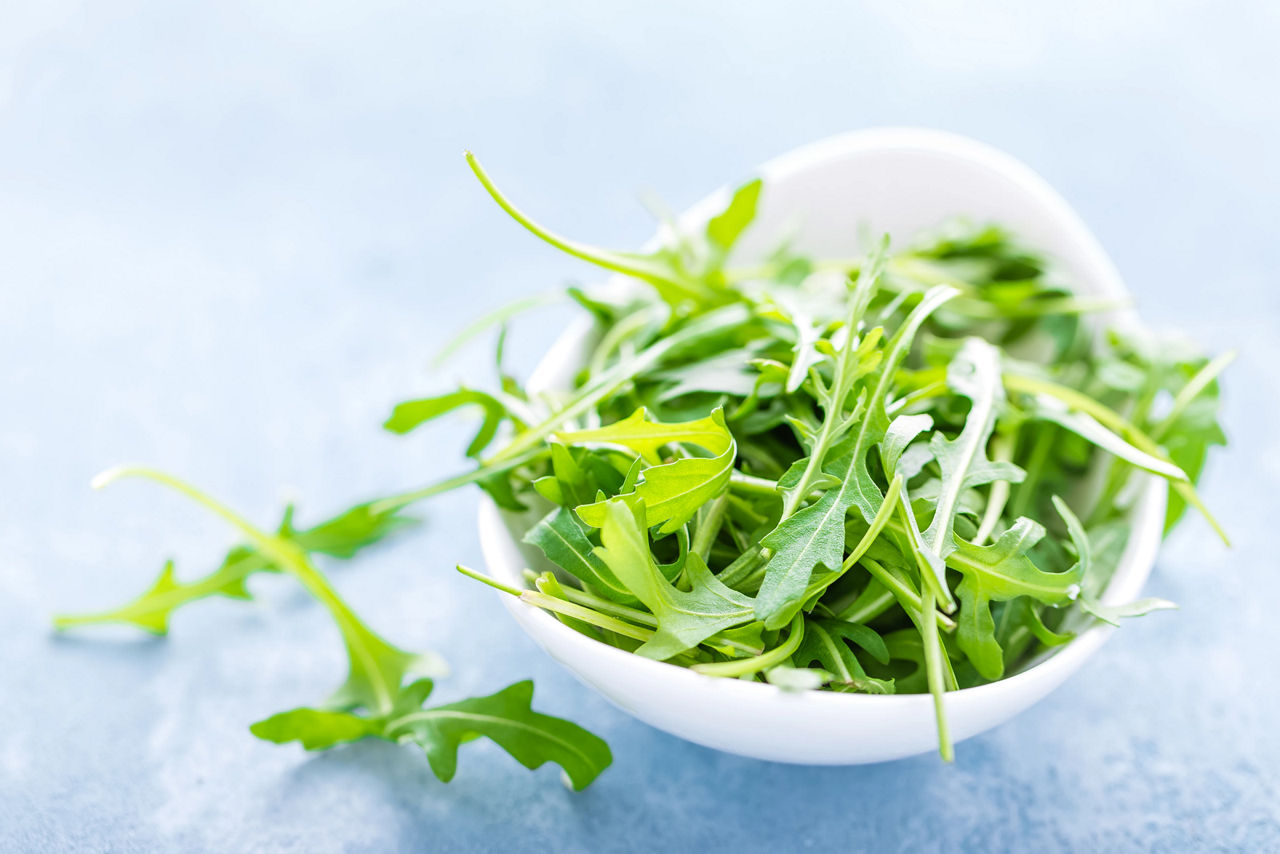
Which vitamins do you need during pregnancy?
As well as protein, fats and carbohydrates (the macronutrients that provide the bulk of your baby’s energy), many micronutrients are essential to their normal growth and development2.
Although there are many nutrients involved in your baby’s development, the vitamins, minerals and fats listed below are particularly important during pregnancy.
Some, such as vitamins C, D, A, folic acid, thiamin and riboflavin are needed to such a degree that your recommended levels are higher than they would normally be. But with many available from various everyday food sources, the good news is you may already be getting the levels you need1,2.
Which pregnancy supplements should you be taking?
The two nutritional supplements that are recommended during pregnancy are folic acid and vitamin D3 – folic acid is also recommended while you are trying to conceive. These can either be taken as single supplements or as a pregnancy or prenatal multivitamin.
Folic acid helps prevent neural tube defects such as spina bifida and you’re advised to take 400mcg each day from conception through to your 12th week of pregnancy3.
Vitamin D is needed for healthy bone growth. The most efficient source is sunlight on your skin but because the UK only receives sufficient UVB rays during the summer months, a 10mcg daily supplement is recommended year-round throughout pregnancy and whilst breastfeeding3.
If you’re on a low income, you may qualify for the government’s Healthy Start scheme that entitles you to free supplements. Your midwife or GP will be able to give you more details.
Make sure your supplements are pregnancy-safe
To reduce any risks to you and your baby, always choose supplements that are specifically designed for pregnancy – your nutritional needs change while you’re pregnant and certain nutrients can be harmful if taken in high doses.
Do let your midwife know if you’re taking any other supplements – even herbal remedies may not be advisable.
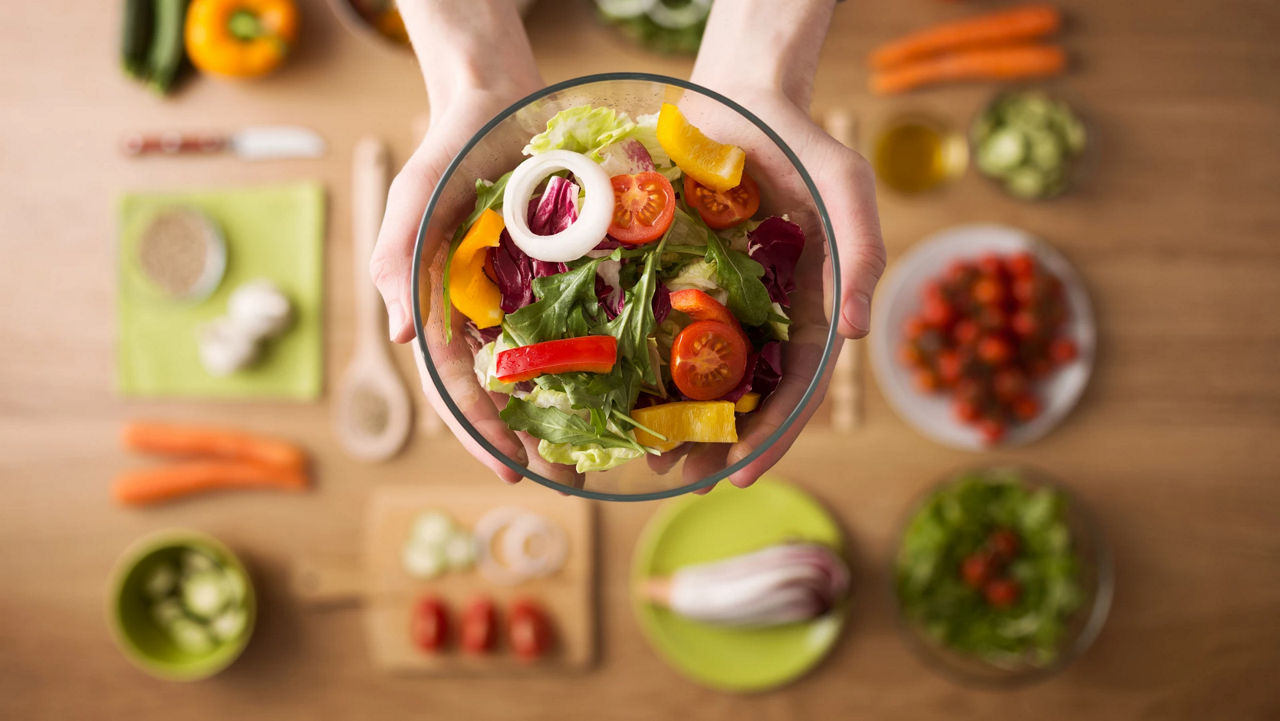
What about pregnancy multivitamins?
Taking a pregnancy multivitamin will not only ensure you’re getting your recommended daily amount of folic acid and vitamin D, it will also help make up for any occasional nutritional shortfall in your diet. However, it’s important not to use multivitamins as a substitute for a well-balanced diet.
A healthy pregnancy diet should be your main source of vitamins and minerals for you and your growing baby, and will provide you with essential fibre, protein and energy too.
A pregnancy multivitamin can be helpful during early pregnancy if morning sickness is making it difficult to keep food down.
Later on, a prenatal multivitamin can help to ensure you’re getting the right balance of nutrients, even if your diet and appetite changes.
What’s in a prenatal multivitamin?
The nutrient content of prenatal multivitamins varies between brands. However, most contain good levels of the following key nutrients for pregnancy:
- Folic acid
- Vitamin D
- Omega 3
- Iron
- Vitamin B12
How your pregnancy diet affects your baby’s immune system
Experts believe that pregnancy diet is likely to influence an unborn baby’s developing immune system, and reduce the likelihood of allergic disease in childhood4. In particular, vitamins A and D, folic acid and omega 3 have all been linked to immune function and may help your baby to develop immunity that will stay with them for life.
Deficiencies of vitamins, minerals and fats in pregnancy have been linked to poor immune function in babies and children.
Nutrients to boost your baby’s immunity
Vitamin D
Evidence suggests that a lack of Vitamin D in pregnancy may be associated with the development of childhood asthma5.
Vitamin A
As well as supporting the development of your baby’s lungs, eyes and skin cells, vitamin A also contributes to the development of your baby’s immune system6.
Omega-3
Making sure your pregnancy diet includes omega-3 polyunsaturated fatty acids (fish oil) may help to reduce sensitisation to common food allergens in the first year of life7.
Folic acid
You’re advised to take a folic acid supplement before you conceive and continue for 12 weeks into your pregnancy to reduce the risk of your baby developing neural tube defects8. But recent research suggests that too little folate may interfere with normal immune function. Too much, however, has been associated with lower respiratory tract infections amongst children9.
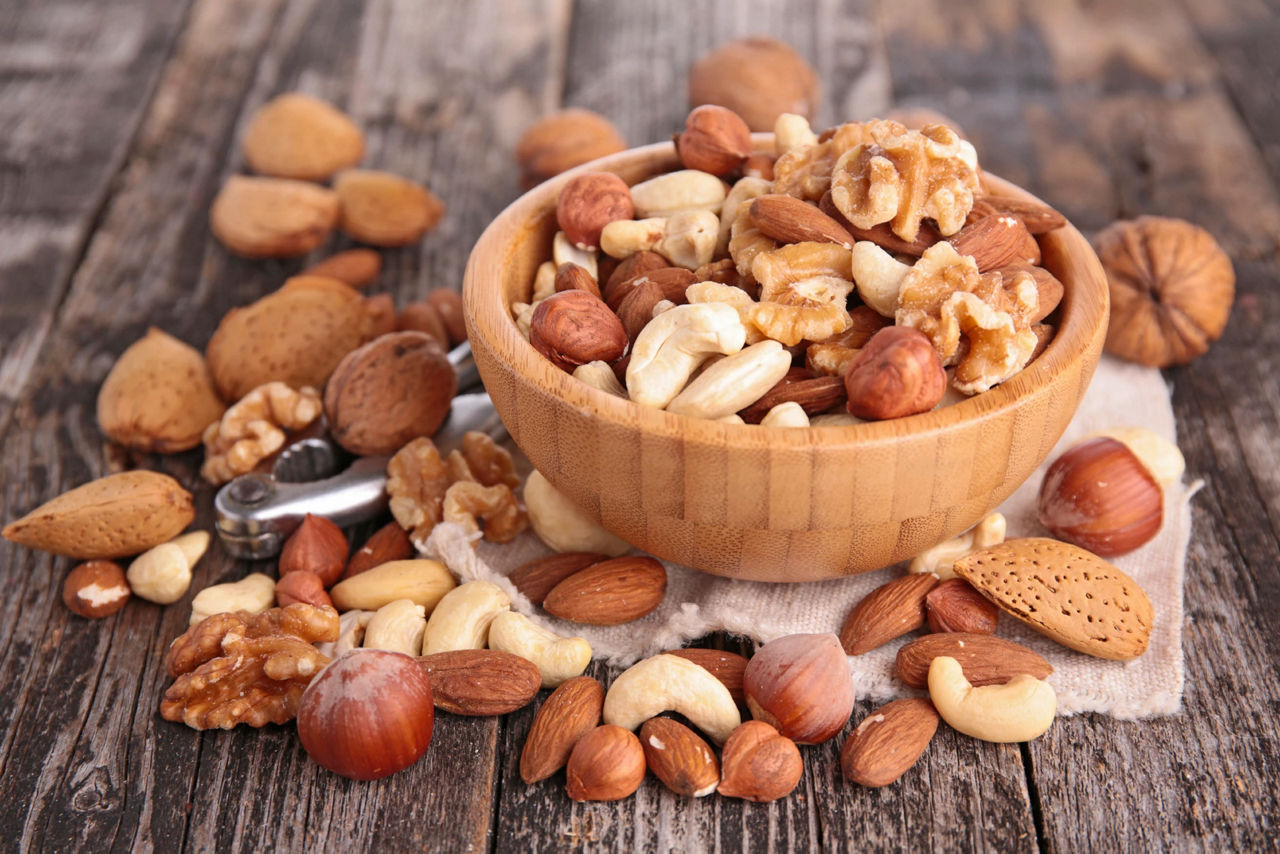
How your pregnancy diet affects your baby’s resilience to allergies
Allergies are also on the rise. Over the past two decades, the incidence of allergic diseases has increased dramatically worldwide, particularly in the young4.
The Western diet – in which red meat, sugar, butter, vegetable oils, refined grains and processed foods feature heavily – has been linked to an increase in allergies among children7.
The Mediterranean diet however – rich in fruits and vegetables and with less dairy and red meat – is associated with a reduced risk of allergy development10. Specifically, it’s suggested that a diet with an increased intake of particular types of fish, fruit, vegetables and foods rich in omega-3 and vitamin D may reduce the risk of childhood allergies such as eczema, wheezing, asthma and allergy sensitivities4.
Peanuts
Recent studies suggest that including peanuts and peanut butter in your pregnancy diet may well protect your baby from developing a peanut allergy whilst still in the womb10. So unless you’re allergic to peanuts yourself, eating peanuts now might improve your baby’s resilience in future.
related articles
Read next

Need some help?
You can get quick answers to common questions in our FAQs.
Alternatively, if you need help with general pregnancy or baby advice, or maybe on using or ordering our products - our expert team are always on hand to talk about feeding your baby.
- British Nutrition Foundation. Nutrition and Development, short and long-term consequences for health. London: Wiley Blackwell, 2013. p.38.
- Vanhees K et al. You are what you eat, and so are your children: the impact of micronutrients on the epigenetic programming of offspring. Cell Mol Life Sci 2014;71(2):271- 285.
- NHS. Vitamins and nutrition in pregnancy [Online]. 2020. Available at: www.nhs.uk/conditions/pregnancy-and-baby/pages/vitamins-minerals-supplements-pregnant.aspx [Accessed March 2020]
- Venter C et al. Maternal dietary intake in pregnancy and lactation and allergic disease outcomes in offspring. Pediatr Allergy Immunol. 2017;28(2):135-143.
- Feng H et al, In utero exposure to 25-hydroxyvitamin D and risk of childhood asthma, wheeze, and respiratory tract infections: A meta-analysis of birth cohort studies. J Allergy Clin Immunol. 2017;139(5):1508-1517.
- NHS. Vitamin A [Online]. 2017. Available at: www.nhs.uk/Conditions/vitamins-minerals/Pages/Vitamin-A.aspx [Accessed March 2020]
- Miles EA, Calder PC. Can Early Omega-3 Fatty Acid Exposure Reduce Risk of Childhood Allergic Disease? Nutrients. 2017;9(7). pii: E784. doi: 10.3390/nu9070784.
- NHS. Why do I need folic acid in pregnancy? [Online]. 2018. Available at https://www.nhs.uk/common-health-questions/pregnancy/why-do-i-need-folic-acid-in-pregnancy/ [Accessed March 2020]
- Marques AH et al. Maternal stress, nutrition and physical activity: impact on immune function, CNS development and psychopathology. Brain Research. 2015;1617:28–46.
- Loo EXL et al. Effect of Maternal Dietary Patterns during Pregnancy on Self-Reported Allergic Diseases in the First 3 Years of Life: Results from the GUSTO Study. Int Arch Allergy Immunol. 2017;173(2):105-113.3.
Last reviewed: 28th July 2020
Reviewed by Nutricia’s Medical and Scientific Affairs Team

